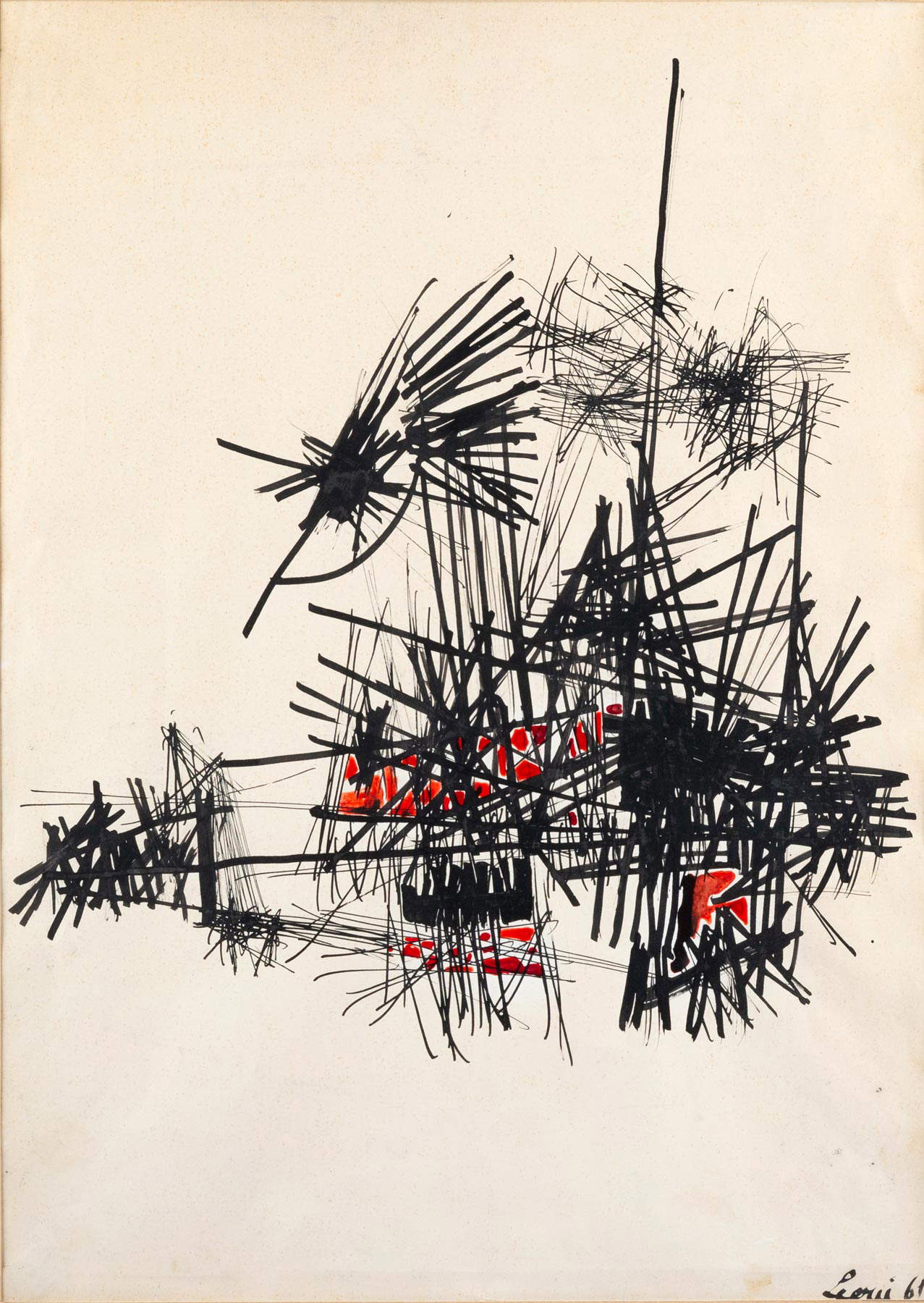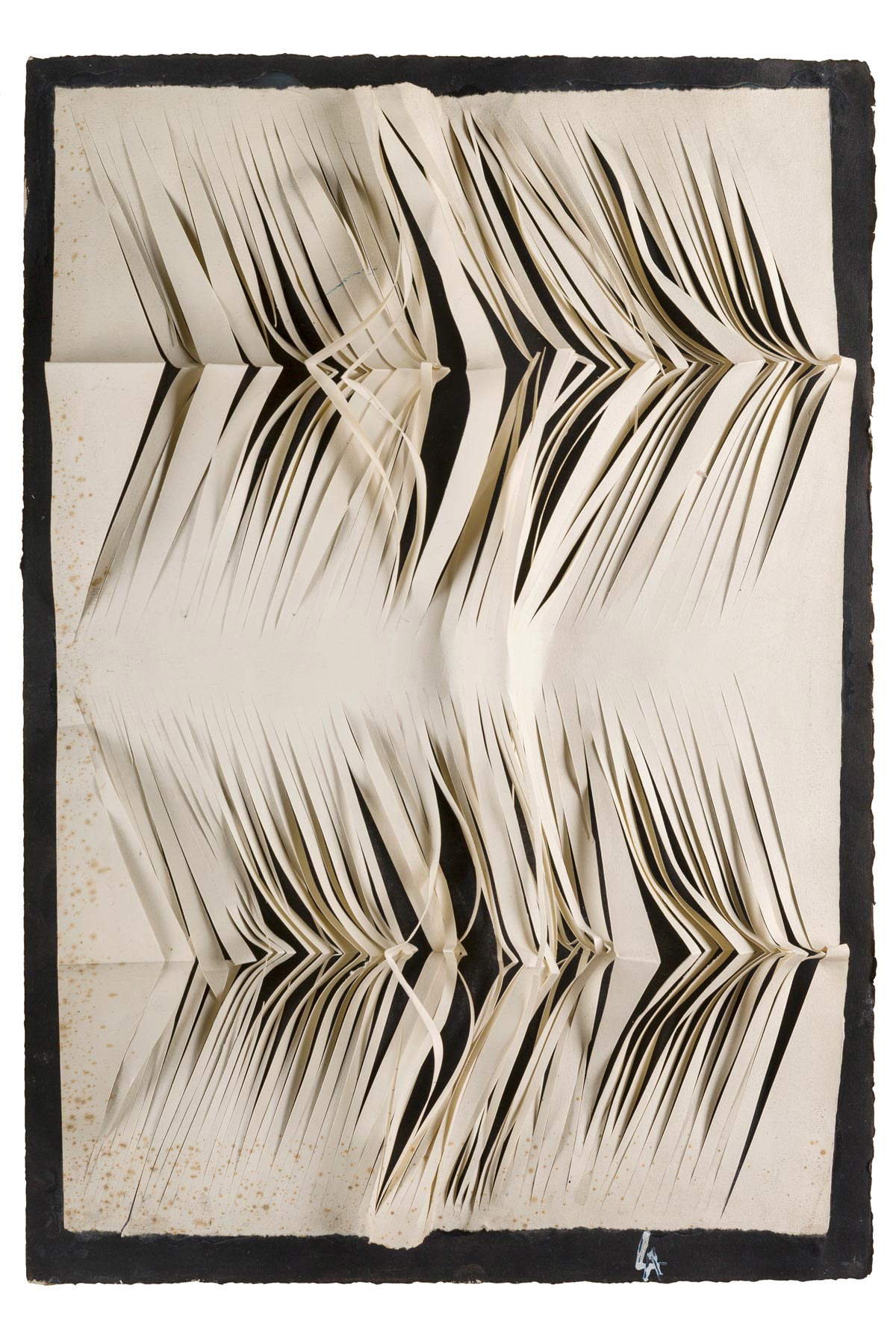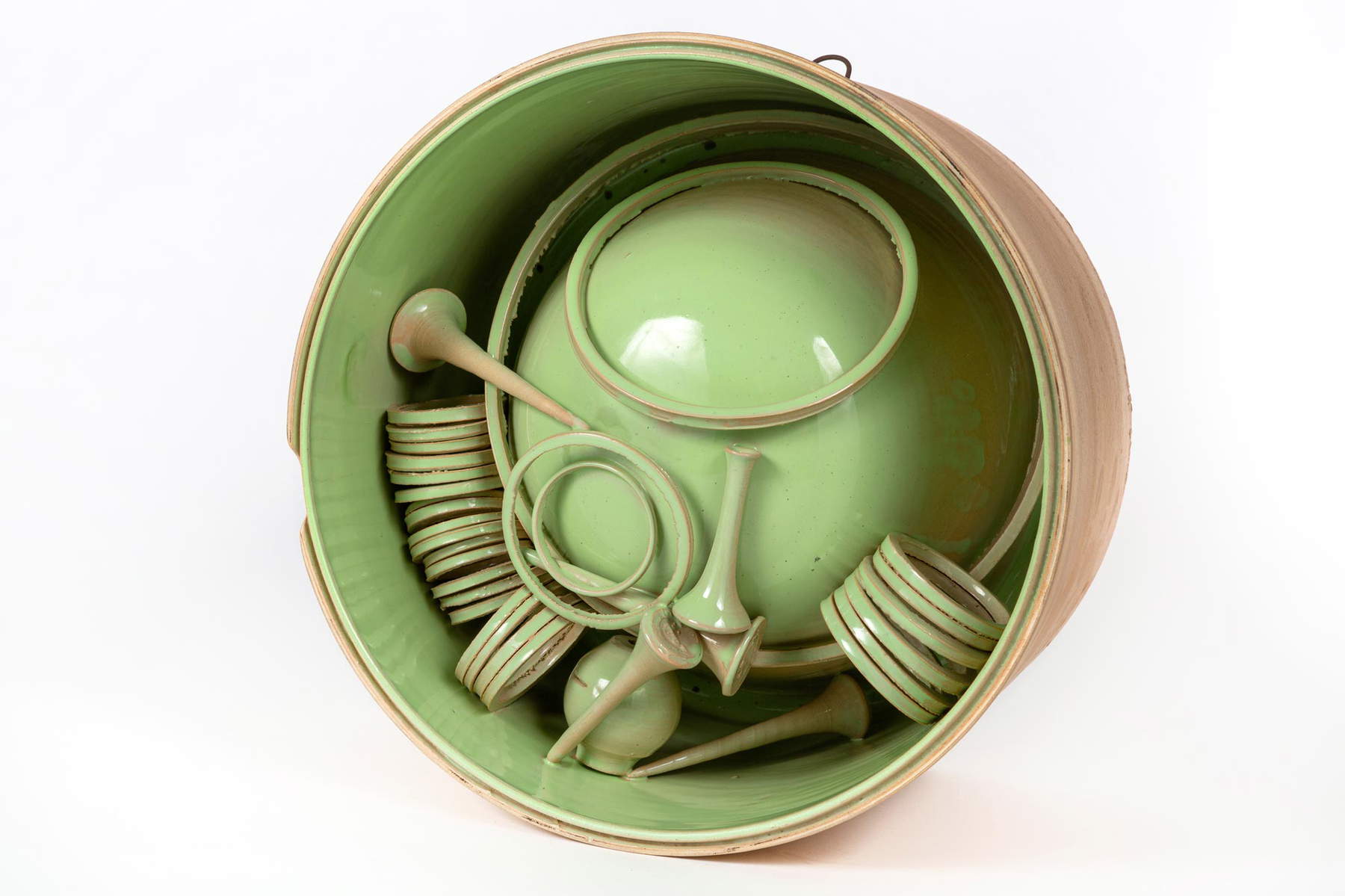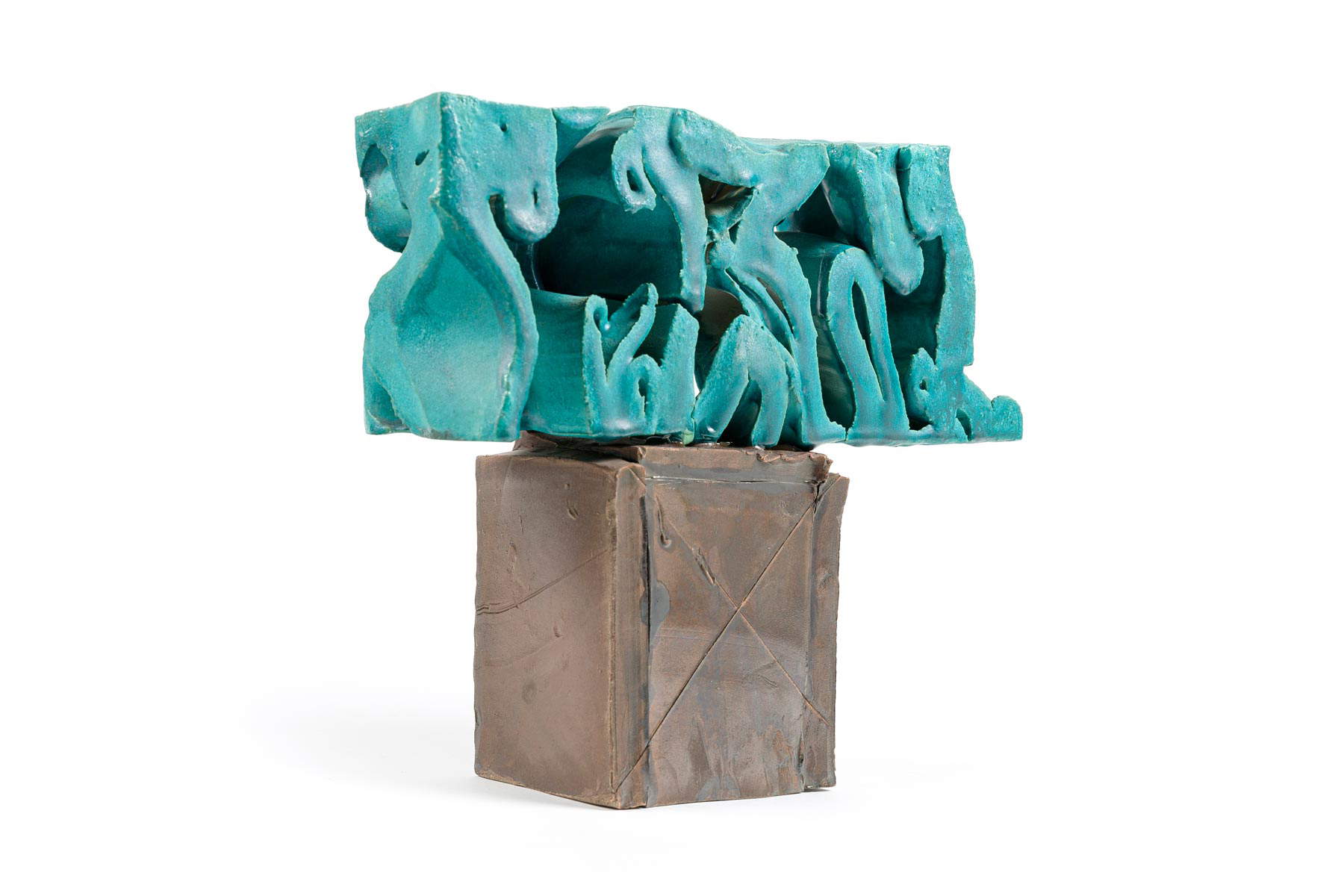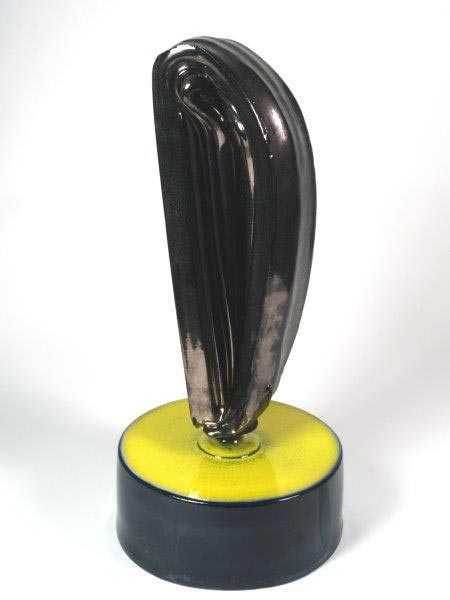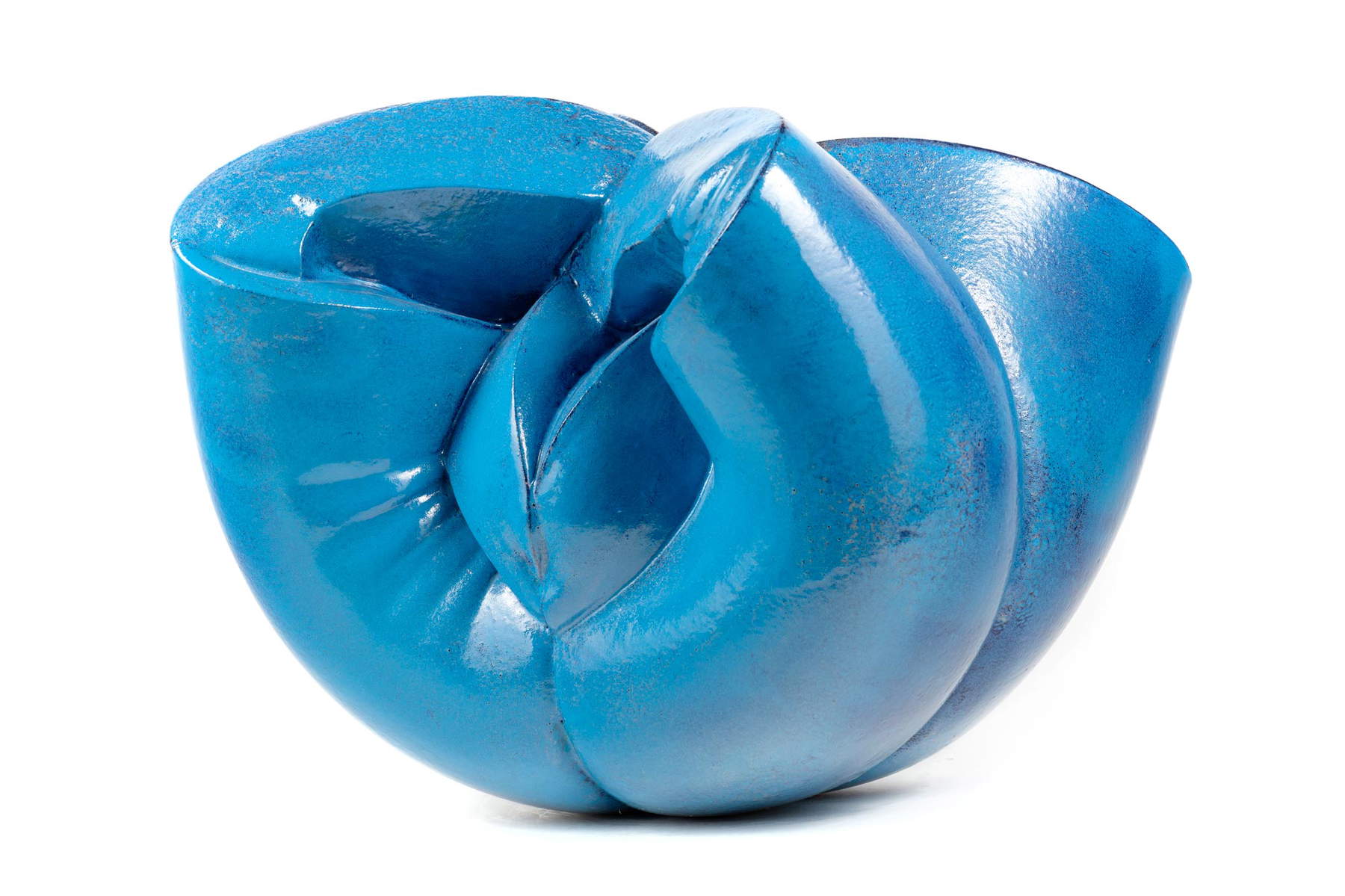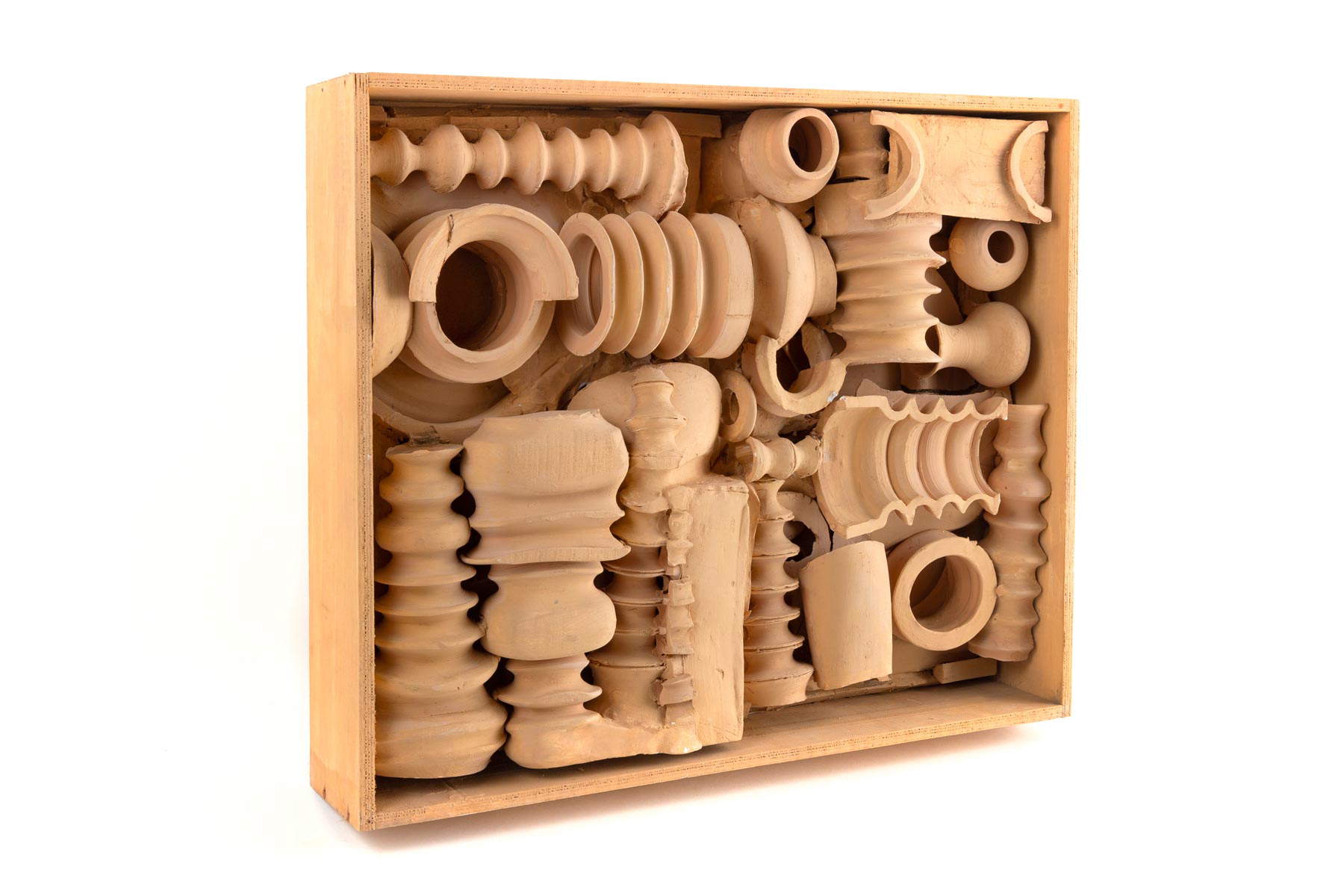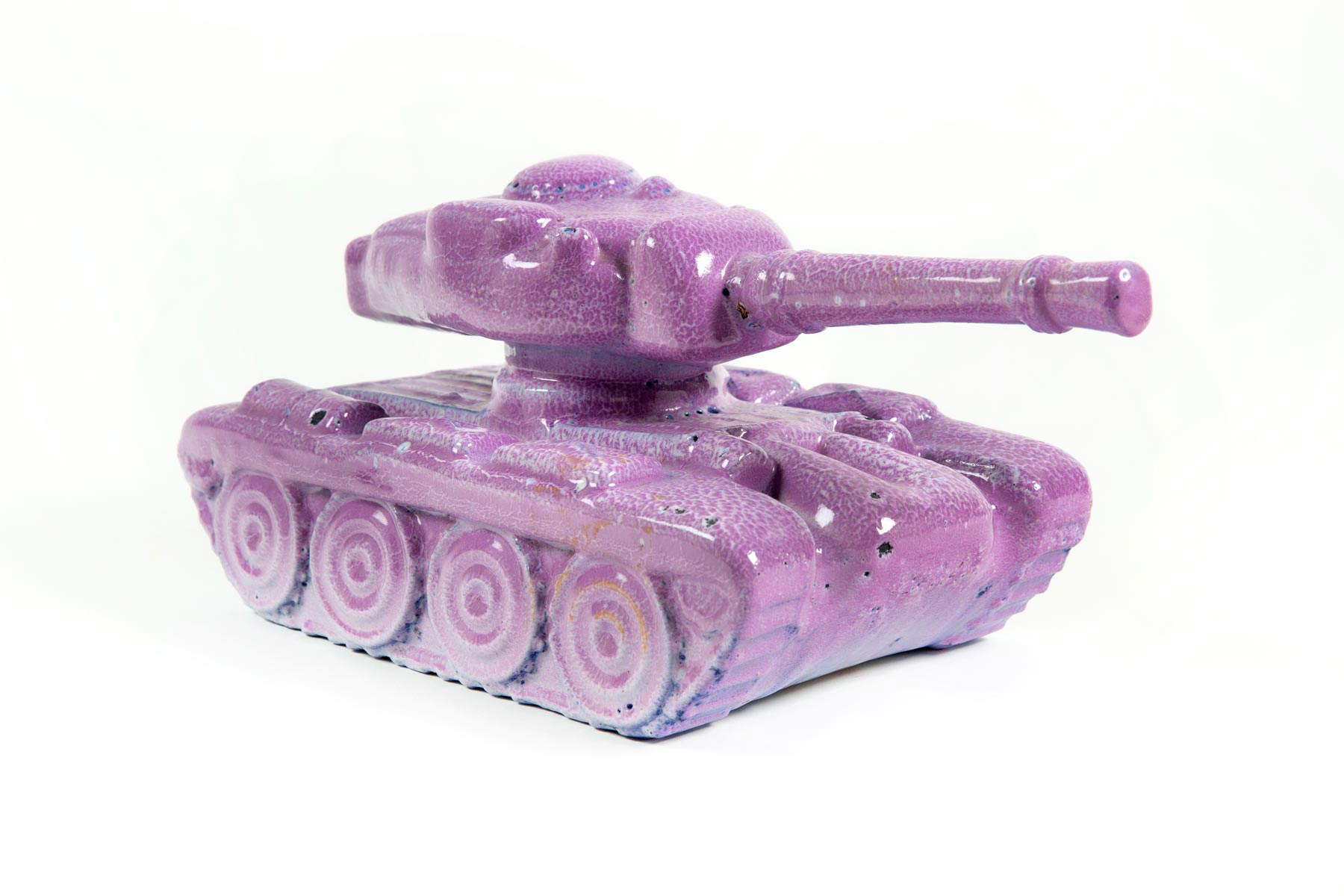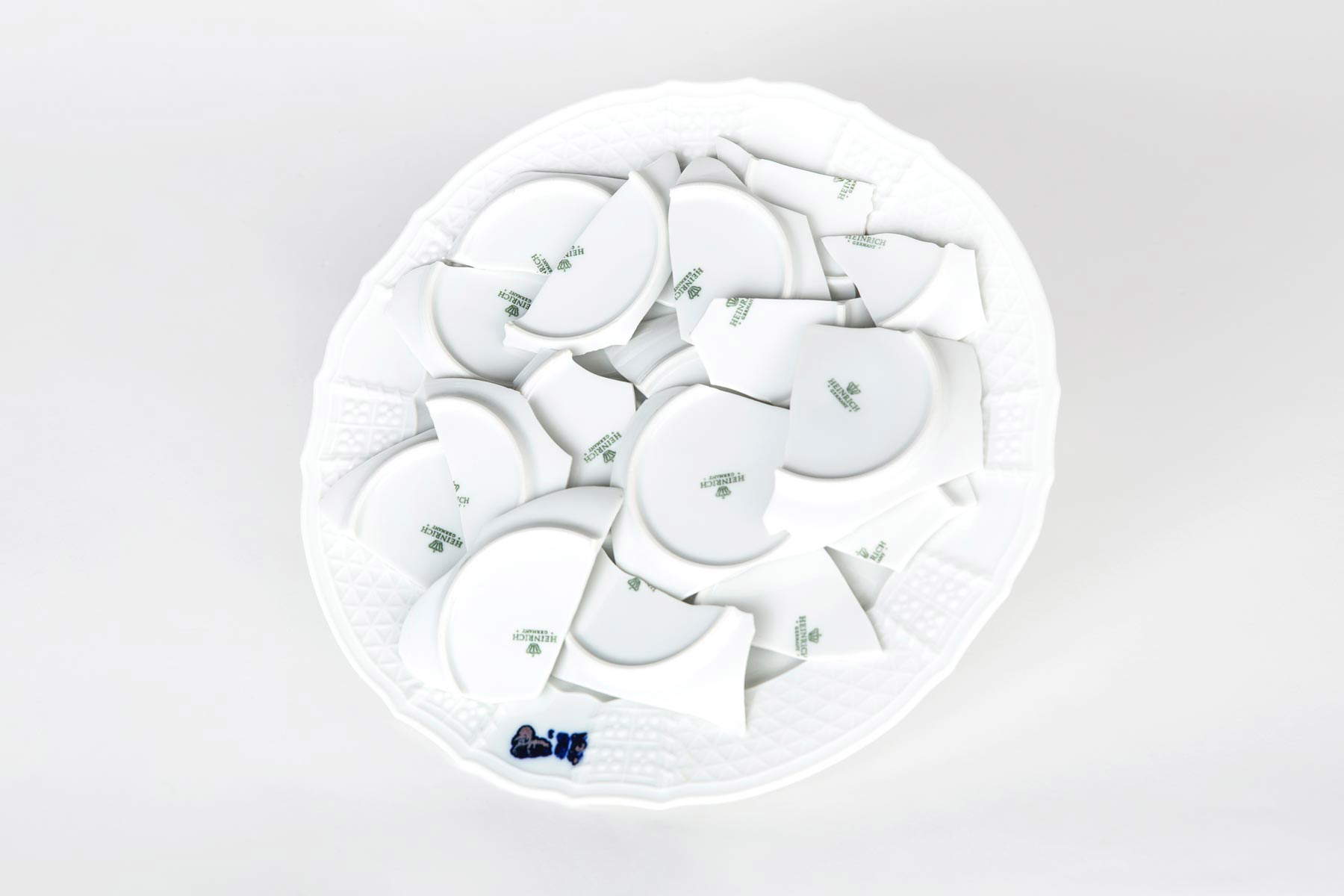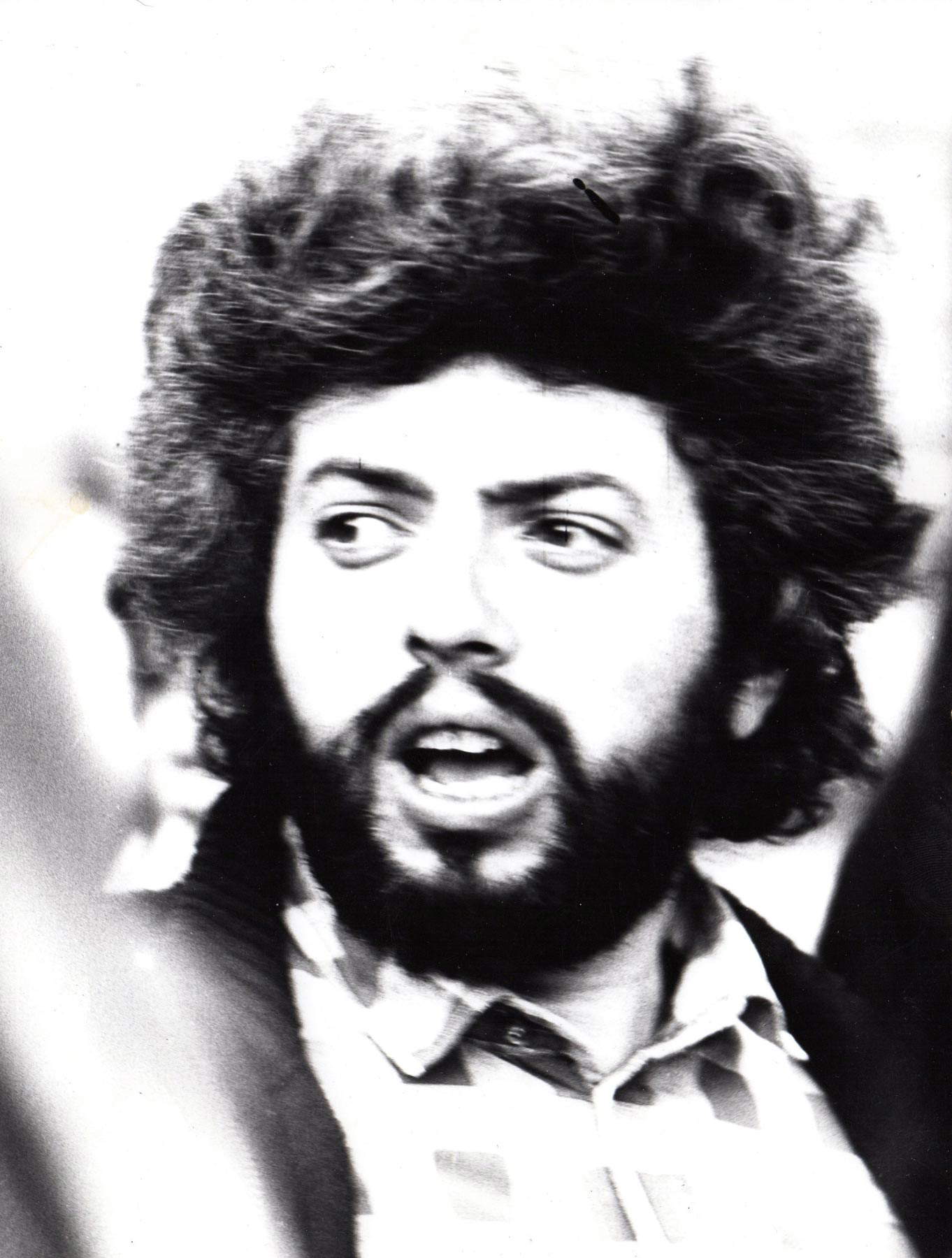by Redazione , published on 30/09/2020
Categories:
Exhibitions
/ Disclaimer
Faenza's MIC is dedicating an exhibition to Alfonso Leoni, a 20th-century ceramic genius, on the 40th anniversary of his untimely death at age 39.
From October 1, 2020 to January 19, 2021, the Museo Internazionale delle Ceramiche (MIC) in Faenza is dedicating an exhibition to one of the most talented ceramists of the 20th century, Alfonso Leoni (Faenza, 1941 - Rimini, 1980), a rebellious, innovative and imaginative protagonist of contemporary ceramics, who unfortunately died prematurely of leukemia at the age of only thirty-nine. The exhibition, entitled Alfonso Leoni, rebellious genius, falls on the fortieth anniversary of his death and follows a long research work, curated by Claudia Casali, in collaboration with the Leoni Archive, which brings together for the first time in an anthological exhibition all the artist’s work, with the aim of analyzing the rich and intense production devoted not only to ceramics but also to the different languages of contemporaneity (painting, graphics, design, sculpture).
Although Alfonso Leoni lives in the province (he studied art and ceramics at the Ballardini Art Institute in Faenza where, from 1961, at the age of only 20, he also became a lecturer in Plastic Arts), his artistic research is constantly against the tide, projected toward the new: to unhinge ceramics from mere technical and functional aspects in order to elevate it to sculptural matter. Leoni, the curator argues, is a child of his own time, and translated into avant-garde ceramics a period, that of the late 1960s and 1970s, of struggle and contestation. Leoni updated himself on contemporary art and looked to Fontana, Leoncillo, and at the same time to Japanese art. He understood that gestures, action and imperfection (the wabi-sabi, beauty of the imperfect in Buddhist philosophy) are themes almost intrinsic to his favorite medium: clay.
Critic Enrico Crispolti immediately sensed his talent and wrote that “Leoni was more interested in the gesture than the product.” One remembers, in particular, the protest actions and performances presented at the two 1974 and 1976 editions of the Faenza Prize: in the first, he exhibited his works covered by a sheet as a critical gesture against the competence of the jury and, in the second, he distributed raw clay to visitors while he destroyed his old works with a hammer, then kneaded them into a large sphere. And, finally, the “bachelor machines” of 1972-73, a series of tanks executed by casting that were a clear sign of protest against the war.
His production explores the possibilities of other materials such as paper, paint and metal also applied to design, sometimes arriving at solutions that are precursor to the times. For example, the Archaeological Showcases are a kind of ready-made that blurs the diachrony of history in an operation that, in a small way, is reminiscent, according to the curator, of the one carried out by Damien Hirst in 2017 with the exhibition Treasures from the Wreck of the Unbelievable in Venice or the practice, now very common, of reusing waste material such as scrap metal to make sculptures or recycle sheets of paper and erase pages of glossy fashion magazines. Leoni also initiated collaborations first with Maioliche Faentine, then with Germany’s Villeroy & Boch and Rosenthal, which immediately recognized his talent and provided ateliers and assistants to realize his innovative ideas.
In his albeit brief career, Leoni left a fundamental imprint and legacy for the entire ceramic world in Faenza and beyond. “Leoni,” Claudia Casali explains, “was able to place ceramics at the center of reflection, as a provocation, as a song out of the chorus, a metaphor for intellectual change above all. He started again from ceramics, reconsidering it from a conceptual point of view as a material of contemporary art. He understood that ceramics was a material as ancient as it is current.”
For the occasion, an extensive 360-page monograph, with more than 400 images, has been published by Silvana editoriale to cover an intense, short artistic career. Several side events are also planned: every Sunday, at 10:30 a.m., it will be possible to view the exhibition together with a cultural educator from the museum. In addition, visits during the month of October are free, included in the price of the Faenza MIC ticket (full 10 euros, reduced 7 euros, reduced for Faentines 5 euros), while on October 4, on Unesco Day, admission is 5 euros for everyone. Places are limited (max 30 people) and reservations are required at 0546697311 or email info@micfaenza.org. Again, every Friday, from October 2 to November 13, at 6 p.m., some of his students have been involved (October 2: Antonietta Mazzotti, October 9: Gianfranco Morini, October 16: Antonella Cimatti, October 23: Antonella Ravagli, October 30: Guido Mariani, November 6: Aldo Rontini, November 13: Giovanni Cimatti) who will lead a guided tour of the exhibition: the public will thus be able to hear the memories and portrait of Alfonso Leoni artist, man and teacher, directly from those who knew him. Finally, workshops reserved for adults and inspired by Leoni’s work will be held every first Saturday of the month (2:30-5:30 p.m.) during the exhibition period.
For all information you can visit the Faenza MIC website. Below is a gallery of works in the exhibition.
 |
| Alfonso Leoni, Untitled (1961; India ink on paper, 49 x 35 cm; Tambini Collection) |
 |
| Alfonso Leoni, Untitled (ca. 1964; paper carved and pasted on black cardboard, 48 x 33 cm) |
 |
| Alfonso Leoni, Tondo P. (Tondo V) (1969; ceramic, diameter 26 cm) |
 |
| Alfonso Leoni, Untitled (c. 1967; majolica die-cast, 25 x 29 x 8 cm) |
 |
| Alfonso Leoni, Scatto flessuoso e tornio - Flusso (1972; majolica, 68 x 31 cm; Faenza, MIC, inv. no. 17792) |
 |
| Alfonso Leoni, Turquoise Twist (1973-74; majolica, 48 x 52 x 46 cm) |
 |
| Alfonso Leoni, Untitled (1967-69, scrap of printed sheet metal welded on three cylindrical iron bases, on cubic marble base, 37 x 36 x 10 cm) |
 |
| Alfonso Leoni, Untitled (1970; terracotta, 10 x 56 x 47 cm) |
 |
| Alfonso Leoni, Tank (1972-73; majolica, 15 x 34 x 15 cm) |
 |
| Alfonso Leoni, Untitled, Villeroy & Boch, Mettlach (1977; porcelain, diameter 33 cm) |
 |
| Alfonso Leoni |
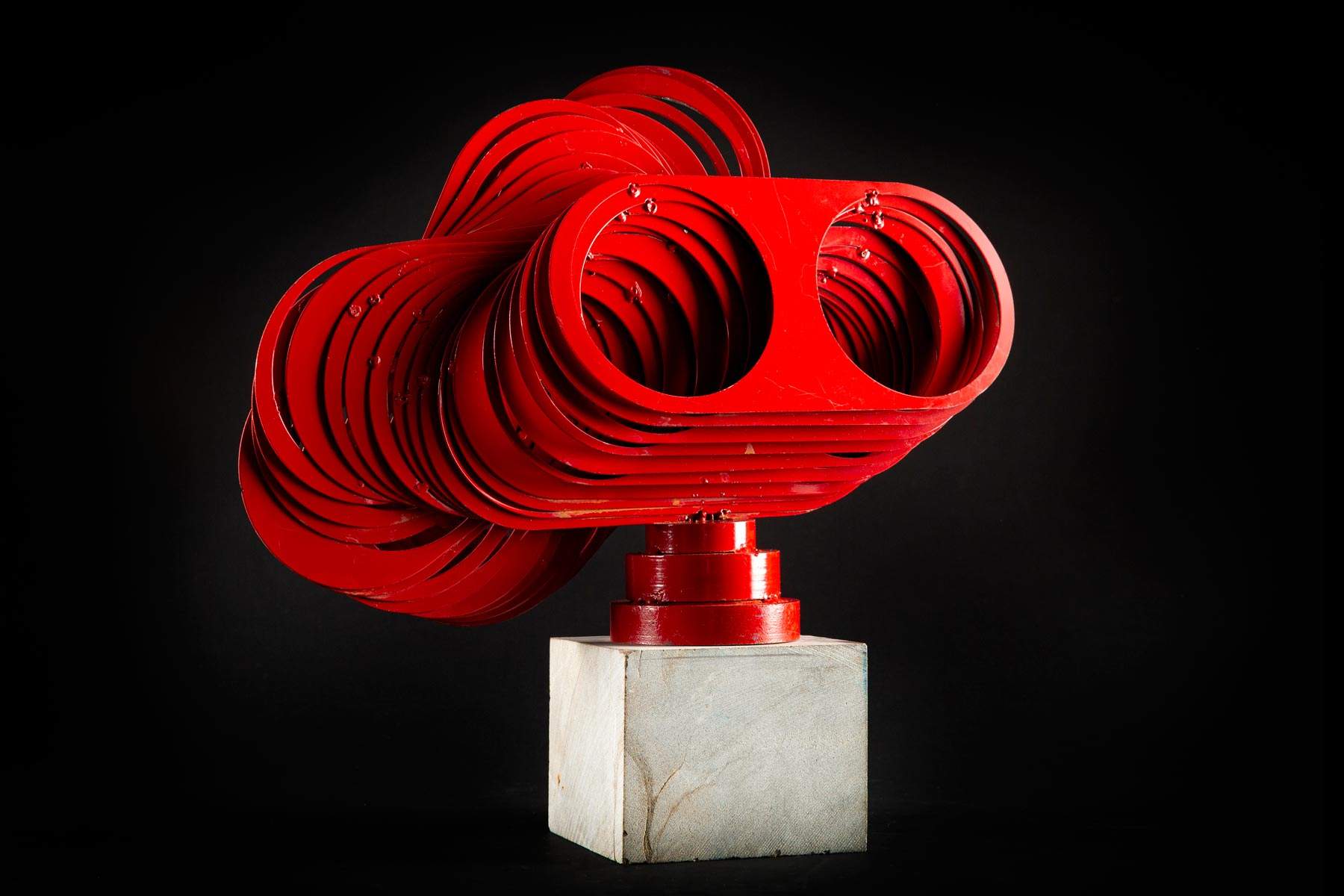 |
| An exhibition for Alfonso Leoni, 20th century ceramic genius who died prematurely |
Warning: the translation into English of the original Italian article was created using automatic tools.
We undertake to review all articles, but we do not guarantee the total absence of inaccuracies in the translation due to the program. You can
find the original by clicking on the ITA button. If you find any mistake,please contact us.
